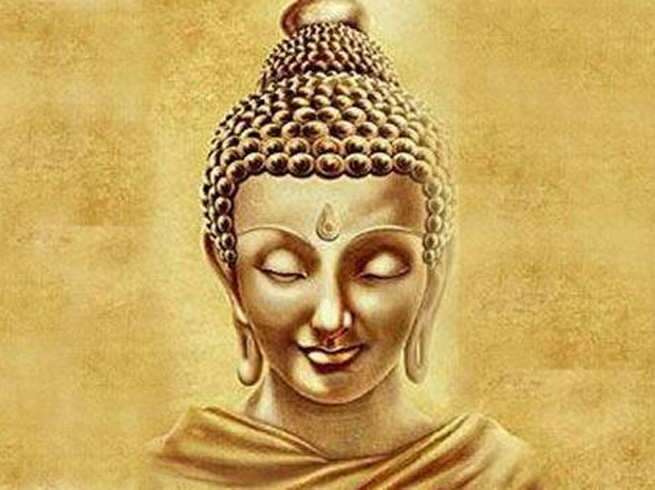Health experts have alerted recent cases predominantly among men who self-identified as gay, bisexual or men who have sex with men
A handful of cases of monkeypox have now been reported or are suspected in the United Kingdom, Portugal and Spain while one was confirmed in the US on Thursday, May 19, a report in The Tribbune, Chandigarh, says.
The outbreaks are are a cause for concern alarm because the disease mostly occurs in west and central Africa, and only very occasionally spreads elsewhere.
Here’s what scientists know so far.
Monkeypox is a virus that causes fever symptoms as well as a distinctive bumpy rash. It is usually mild, although there are two main strains: the Congo strain, which is more severe – with up to 10% mortality – and the West African strain, which has a fatality rate of more like 1% of cases. The UK cases have been reported as the West African strain.
“Historically, there have been very few cases exported. It has only happened eight times in the past before this year,” said Jimmy Whitworth, a professor of international public health at the London School of Hygiene and Tropical Medicine, who said it was “highly unusual”.
Portugal has logged five confirmed cases, and Spain is testing 23 potential cases. Neither country has reported cases before.
The virus spreads through close contact, both in spillovers from animal hosts and, less commonly, between humans. It was first found in monkeys in 1958, hence the name, although rodents are now seen as the main source of transmission.
The UK Health Security Agency’s alert also highlighted that the recent cases were predominantly among men who self-identified as gay, bisexual or men who have sex with men, and advised those groups to be alert.
Scientists will now sequence the virus to see if they are linked, the World Health Organization (WHO) said this week.
One likely scenario behind the increase in cases is increased travel as Covid restrictions are lifted.
“My working theory would be that there’s a lot of it about in west and central Africa, travel has resumed, and that’s why we are seeing more cases,” said Whitworth.
Monkeypox puts virologists on the alert because it is in the smallpox family, although it causes less serious illness.
The virus spreads through close contact, both in spillovers from animal hosts and, less commonly, between humans. It was first found in monkeys in 1958, hence the name, although rodents are now seen as the main source of transmission.
Smallpox was eradicated by vaccination in 1980, and the shot has been phased out. But it also protects against monkeypox, and so the winding down of vaccination campaigns has led to a rise in monkeypox cases, according to Anne Rimoin, an epidemiology professor at UCLA in California.
But experts urged people not to panic.
Meanwhile US reports first case of monkeypox from Massachusetts on in a man who recently travelled to Canada, and health officials are looking into whether it is connected to small outbreaks in Europe.
US health officials said they are in contact with officials in the UK and Canada as part of the investigation. The US case poses no risk to the public, and the Massachusetts resident is hospitalised but in good condition, officials said.
The case is the first in the US this year. Last year, Texas and Maryland each reported a case in people who travelled to Nigeria.
Monkeypox typically begins with a flu-like illness and swelling of the lymph nodes, followed by a rash on the face and body. In Africa, people have been infected through bites from rodents or small animals, and it does not usually spread easily among people.
**************************************************************
Readers
These are extraordinary times. All of us have to rely on high-impact, trustworthy journalism. And this is especially true of the Indian Diaspora. Members of the Indian community overseas cannot be fed with inaccurate news.
Pravasi Samwad is a venture that has no shareholders. It is the result of an impassioned initiative of a handful of Indian journalists spread around the world. We have taken the small step forward with the pledge to provide news with accuracy, free from political and commercial influence. Our aim is to keep you, our readers, informed about developments at ‘home’ and across the world that affect you.
Please help us to keep our journalism independent and free.
In these difficult times, to run a news website requires finances. While every contribution, big or small, will makes a difference, we request our readers to put us in touch with advertisers worldwide. It will be a great help.
For more information: pravasisamwad00@gmail.com








